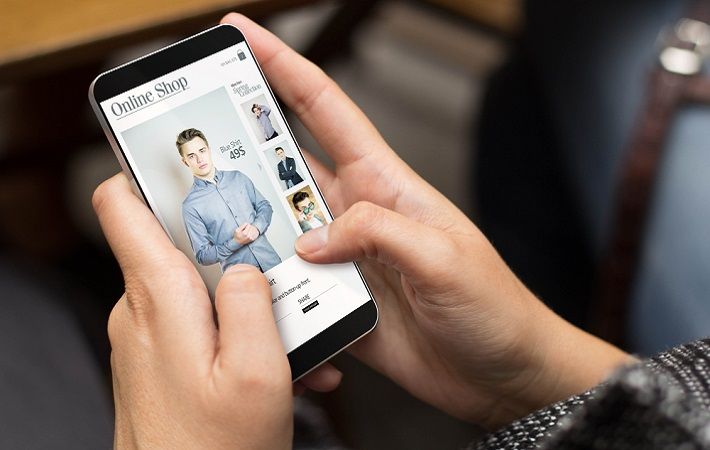Luxury goods fastest growing cross-border e-com category in H1: Report

eShopWorld’s (ESW) ‘Global Voices: Pre-Peak Pulse 2021’ survey of almost 15,000 consumers across fourteen countries revealed when it comes to cross-border purchasing, demand for luxury goods is strongest in four key markets: China (39 per cent), UAE (33 per cent), South Korea (28 per cent) and India (21 per cent). More than 70 per cent of Millennials, GenX, and Baby Boomers in China and South Korea shop luxury online, compared to less than 45 per cent of shoppers in the Americas and most of Europe.
Last year, the luxury market was forced to reprioritise digital strategies to offset the impact of the pandemic, resulting in a paradigm shift with online luxury sales predicted to increase to 30 per cent in 2021, up from 22 per cent in 2020 - a boost that is being driven by Millennial and Gen Z shoppers.
The survey reveals that while a significant number of luxury shoppers (42 per cent) still prefer to shop in-store, where they can touch and try on products, even more shoppers (43 per cent) say they are happy to forego the in-store luxury experience for online convenience. Just as many (42 per cent) will make those purchases from brand websites outside their home country.
More than half of shoppers in Mexico (54 per cent), China (61 per cent), Russia (50 per cent), and South Africa (57 per cent) said they are comfortable buying luxury products online due to the lack of availability and variety of such goods locally.
When purchasing luxury products online, 77 per cent of survey respondents said they expect exceptional personalised customer service with 75 per cent indicating brands and retailers could do more to improve the premium levels of customer service for such purchases. About 69 per cent said they are more likely to buy luxury goods online if the online experience mirrors the level of service received in-store.
Accordingly, luxury brands need to focus on delivering unified commerce and omnichannel strategies that give equal importance to all consumer touchpoints, merging the digital and physical worlds to create innovative retail experiences coupled with the seamless service consumers expect when making super premium product purchases.
Martim Avillez Oliveira, chief commercial officer, EMEA and APAC at ESW, commented: “The quality, craftsmanship and prestige of luxury products is in increasing demand from a growing digitally native middle class, living outside the traditional luxury markets, who are both brand and status hungry. Therefore, to capitalise, luxury brands need to focus on recreating the high-touch, hyper-personalised experience customers receive in-store, in the DTC channel, and deploy those experiences across borders to meet demand at its point of origin.”
Fibre2Fashion News Desk (KD)
































-Ltd..jpg?tr=w-120,h-60,c-at_max,cm-pad_resize,bg-ffffff)





.jpg?tr=w-120,h-60,c-at_max,cm-pad_resize,bg-ffffff)
.jpg?tr=w-120,h-60,c-at_max,cm-pad_resize,bg-ffffff)






